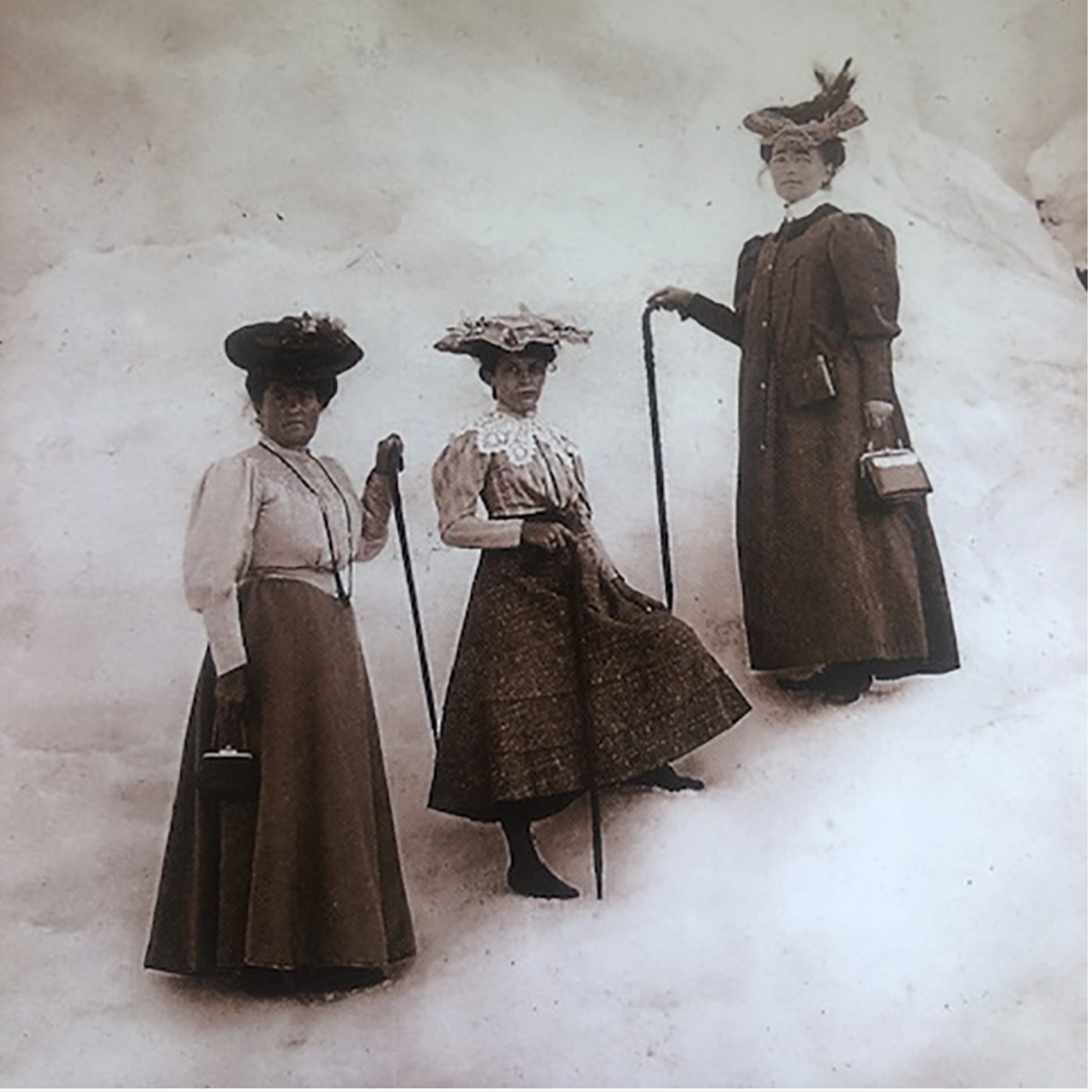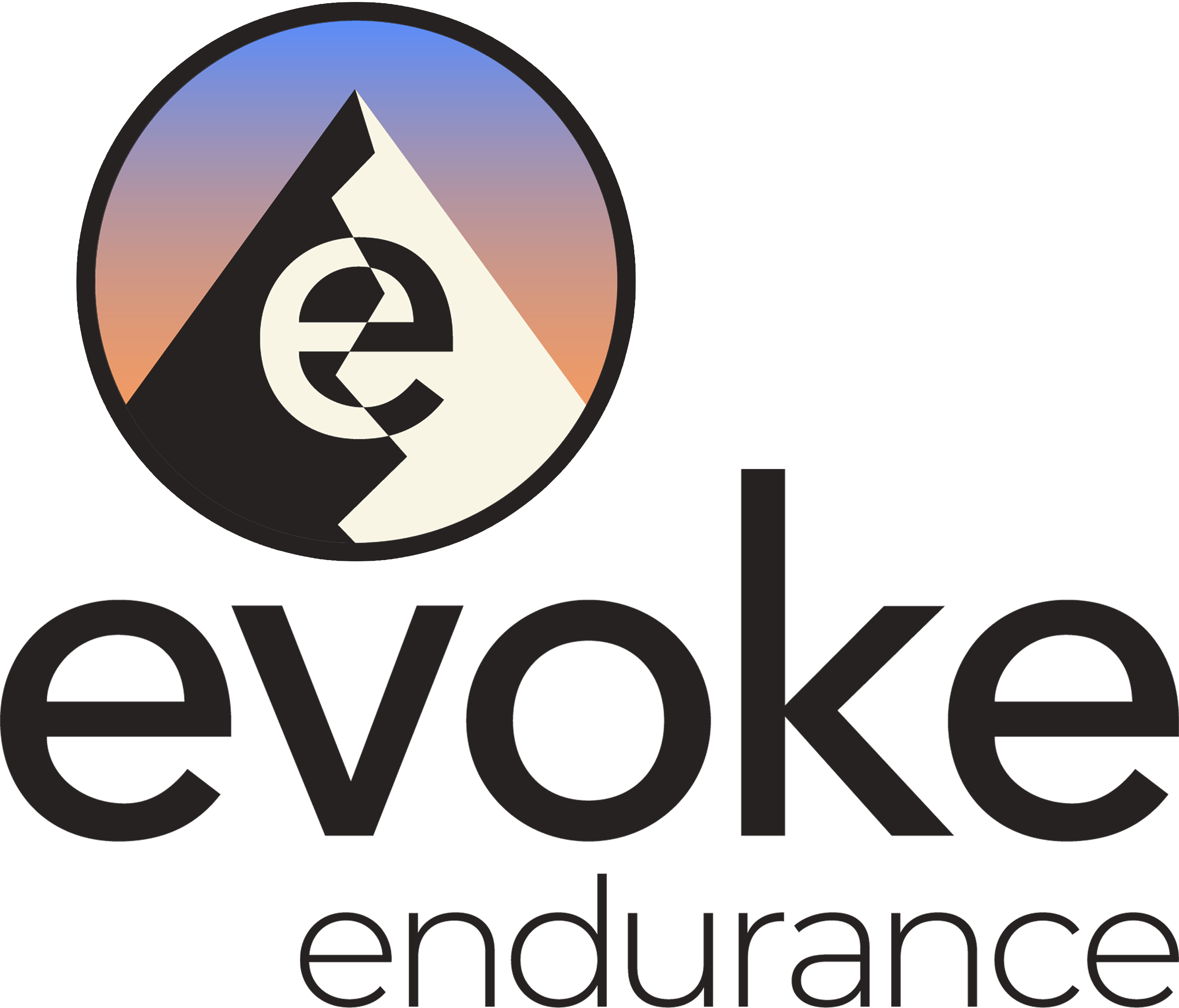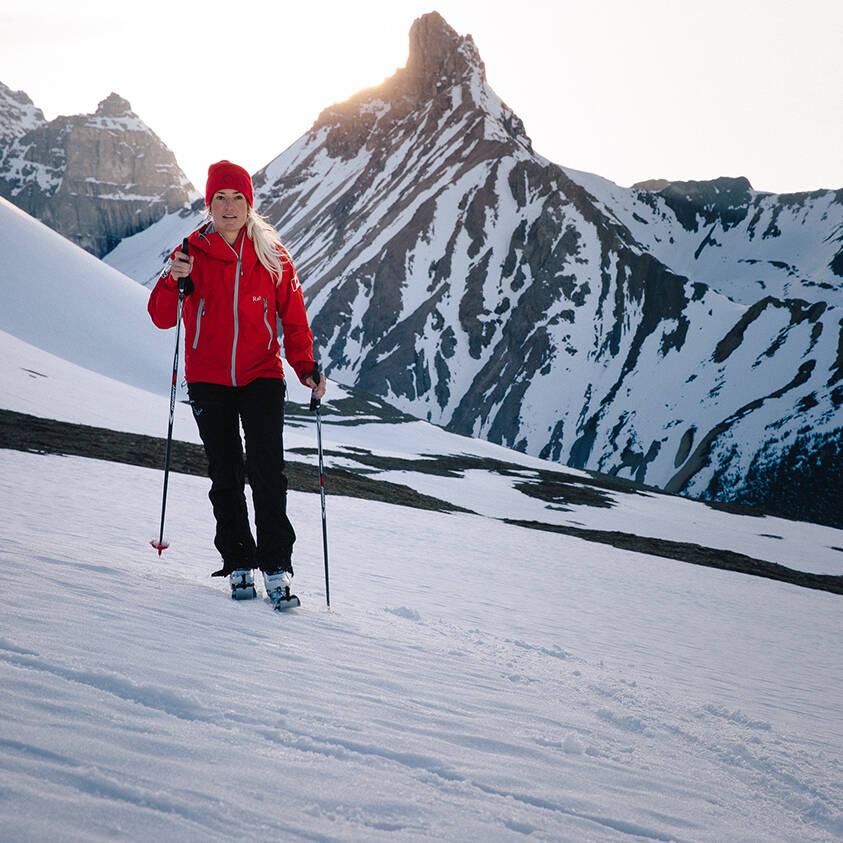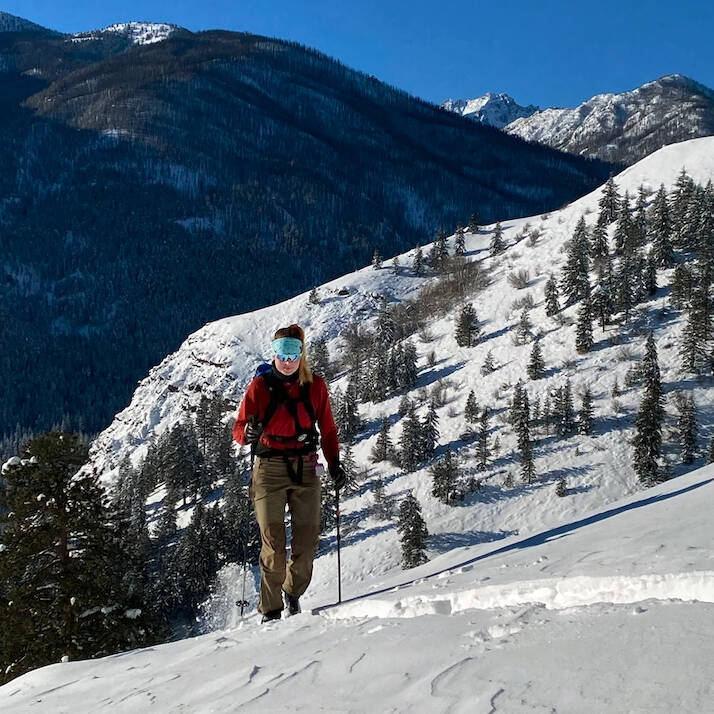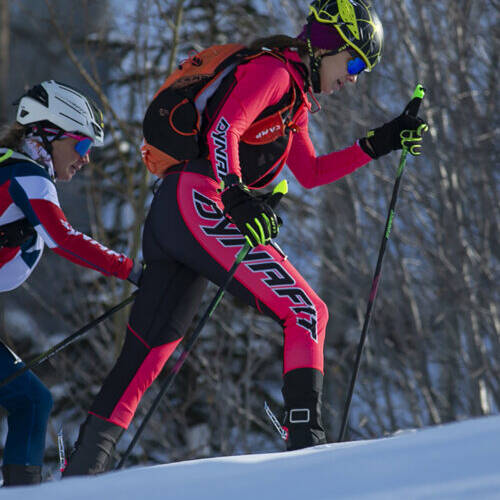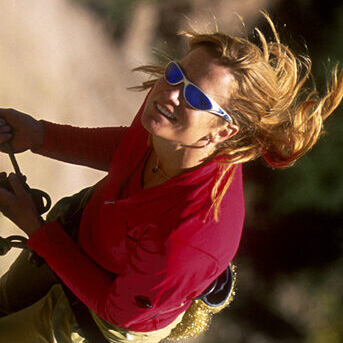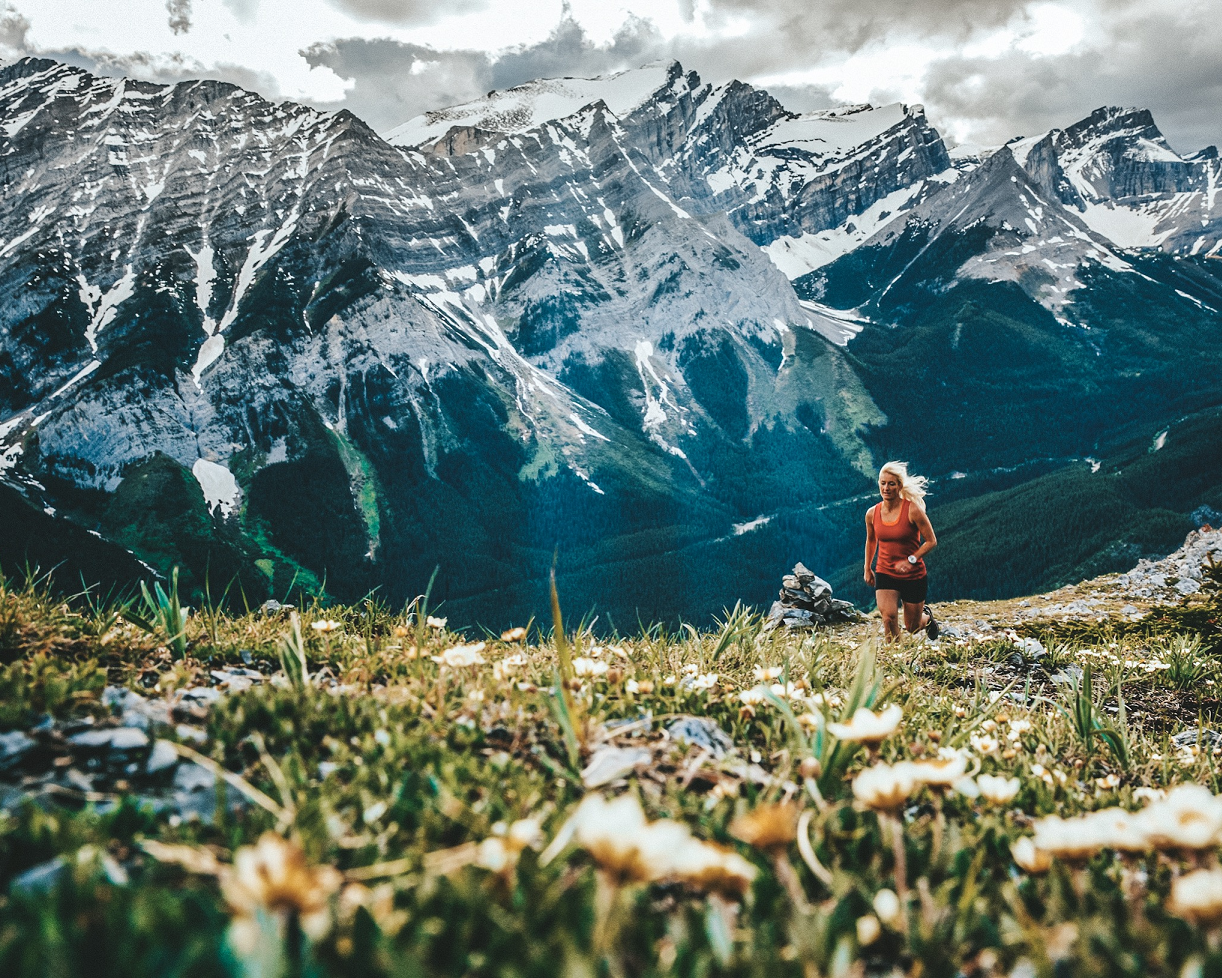
From exceptional role models like Lynn Hill, Dawa Yangzum Sherpa and Brett Harrington, who have paved the way for females in this sphere, to recreational mountain enthusiasts, every woman has a place in the mountains.
No matter what level of female mountain athlete you are, we at Evoke understand the challenges women face in mountain sports be they physical, psychological or social and are excited to share our knowledge and help you overcome those challenges and meet your personal goals.
Mountains have always been a metaphor for aspiring to lofty goals. They offer a place to measure and test ourselves against both nature and more importantly ourselves. They are a place to grow and learn as a person. Our mission is to help you along that path using tried and tested means as well as a support system that can propel you to those metaphorical as well as real lofty heights.
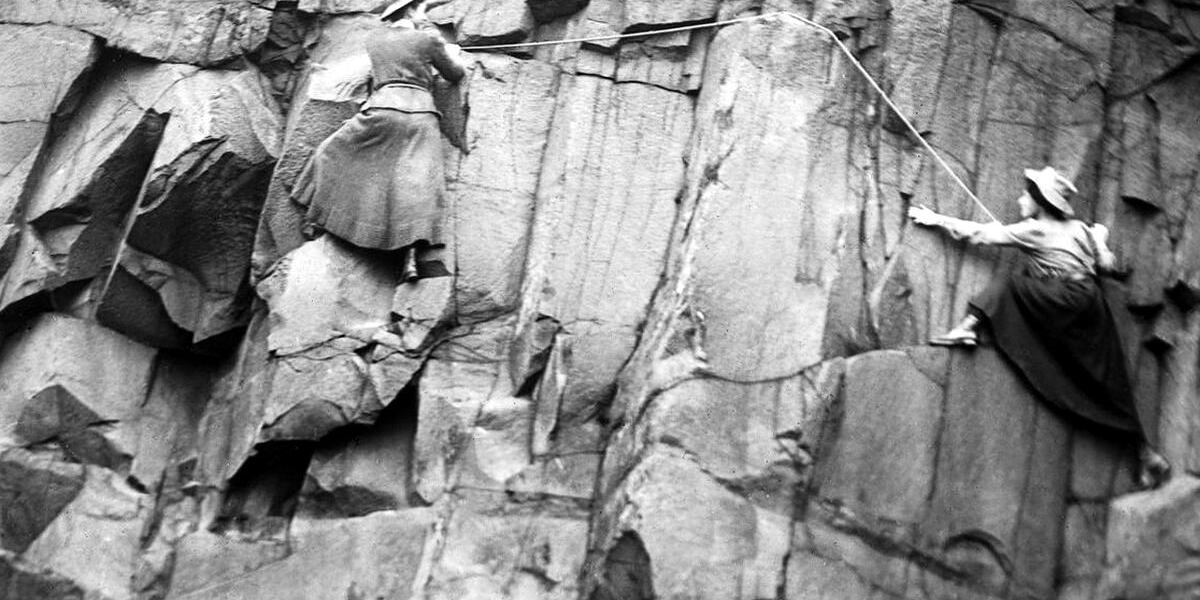
Watch for more articles as we get them cranked out.
- ADOLESCENCE
- PRE + POST PARTUM
- MENOPAUSAL
- TRAINING THEORY
What you won’t find at Evoke is a backdown, “shrink it and pink it” mentality to training. We encourage women to think big, work hard, and reach the highest levels. The women on our coaching staff are strong, competent outdoor women, and the men have vast experience coaching women along with friends, and colleagues who are females that they respect immensely.
In conventional training methodologies, women have been treated as small men; at Evoke Endurance, we believe women need a program tailored to their unique goals, physiology, and life stage. Women go through many changes throughout their lives in terms of , puberty, childbearing years, pregnancy (for some), and menopause. These stages need to be acknowledged and accounted for in training.
The article below touches on the main points surrounding female athlete physiology: strength, speed, power, aerobic and anaerobic energy systems, mobility, agility, technique, hormones, and the mind.
The article is not intended to be a comprehensive look at female physiology. It will point out some differences between the genders and considerations for female mountain athletes and serve as a launching pad to connect you with formalized training or one of our female training groups. Every woman is unique; keep this in mind while you read all the science and information provided. It is your body, your plan, your choices, and your life.
We won’t just train you like a little man! Our coaches are skilled and educated to coach each individual, regardless of gender, to achieve their goals. Our coaches acknowledge the physiological and psychological differences, hormonally and structurally, we as women often face and know how to adjust training accordingly. Women don’t need less training or lower reps; women need a tailored plan to fit where they currently are and a plan to reach their goals.
Strength Training
Why is strength training important for female mountain athletes? Strength training is essential under the age of 30 for maximum bone density and strength. Over the age of 30, it is crucial to retain strength as we age. Starting at age 35, women lose muscle mass at a rate of 1-2% per year, increasing to 3% per year after age 60. Also, they don’t “shrink and pink” mountain packs for alpinism; mountain athletes must efficiently carry gear, food, and supplies. For the endurance mountain athlete, strength training helps create lean muscle mass and aids in injury prevention.
Speed + Power
Want to be able to dyno better for that next hold? Run after your kiddos with a heavy pack? Trail run with more agility? Have cat-like reflexes when you ski your run? Perhaps speed and power need to become your superpower. The definition of speed is the rate at which someone is able to move. Speed is a valuable tool in the mountains for both performance and safety. Have you ever tried to dodge a tree on skis? How about getting off a summit before a storm closes in? Set a personal record on your favorite local peak? If you have, you will know having fast reflexes and good neuromuscular connections combined with a monster aerobic base are pivotal to being a dynamic mountain athlete. Speed and power go hand in hand. Read more about this in the Female Physiology Article.
Mobility + Technique
If you have ever gone bouldering, you will inevitably see someone bring their foot above their head, moving in a gymnast fashion. How about watching a graceful skimo racer run up a slope or an extremely efficient ultra runner dance through a boulder field. Or felt like you needed to be more agile when you hike/run up a rocky trail? The ability to move easily and with maximum efficiency is the simplest definition of mobility as it pertains to mountain athletics.
